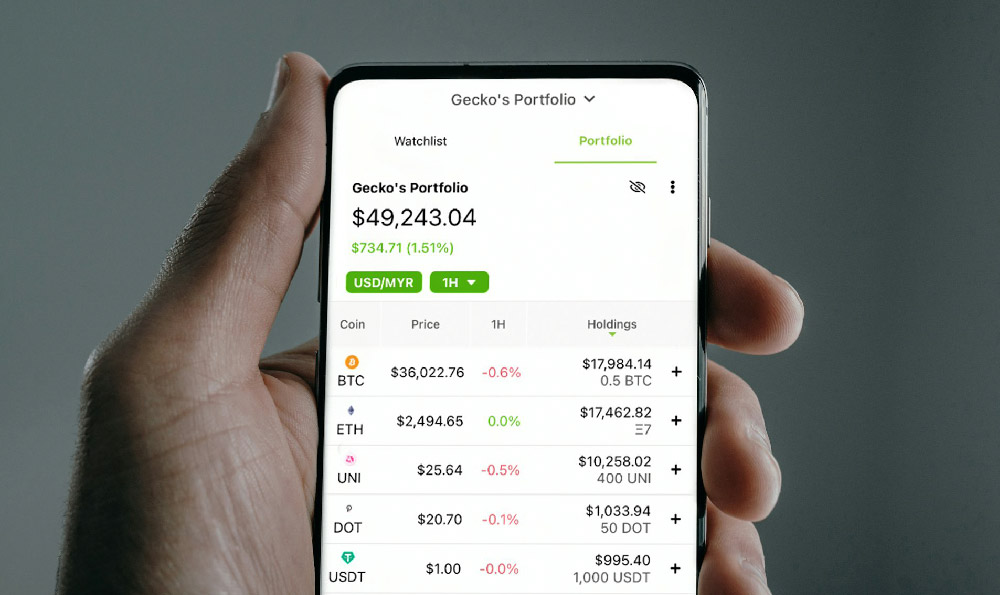How to Monetize Land: What Are the Best Ways to Profit?
Okay, I'm ready to help you create an in-depth article based on the title you provided. Here's an article exploring the various avenues for monetizing land, written in a comprehensive, engaging style:
Unlocking the Potential: Profitable Strategies for Land Monetization
Land, in its rawest form, is a finite resource, a foundation upon which dreams are built and fortunes are made. Yet, holding onto a piece of land without a clear strategy for leveraging its inherent value is akin to letting a valuable asset gather dust. The key lies in understanding the diverse ways to transform this passive holding into a revenue-generating powerhouse. This exploration delves into the myriad strategies available to landowners, from the tried-and-true to the cutting-edge, providing a comprehensive overview of how to unlock the land's full potential and maximize profitability.

One of the most traditional, and often most reliable, methods of monetizing land is through agricultural ventures. This approach is particularly suited for larger plots with suitable soil and climate conditions. Choosing the right crop is crucial. Considerations extend beyond simply what grows well in the area; market demand, accessibility to distribution networks, and the potential for value-added processing play significant roles. Planting high-demand produce, like organic vegetables or specialty fruits, can command premium prices. Investing in modern farming techniques, such as precision agriculture and vertical farming (where applicable), can further optimize yields and reduce resource consumption, thereby increasing profitability. Beyond simple cultivation, exploring livestock farming, beekeeping for honey production, or even cultivating specialty crops for medicinal or cosmetic purposes can significantly boost income streams. The key to success in agriculture lies in thorough market research, a commitment to sustainable practices, and a willingness to adapt to evolving consumer preferences.
Real estate development presents another significant pathway to monetization. This approach, however, often demands a more substantial upfront investment and a longer-term perspective. Subdividing larger parcels of land into smaller residential lots can generate significant revenue, particularly in areas experiencing population growth and housing demand. However, this requires careful planning, adherence to zoning regulations, and potentially the installation of infrastructure such as roads, utilities, and drainage systems. Alternatively, constructing commercial properties such as retail spaces, office buildings, or warehouses can cater to business needs and generate rental income. Thorough market analysis is critical to determine the type of development that is most likely to succeed in a given location. Furthermore, understanding the intricacies of zoning laws, building codes, and environmental regulations is paramount to avoid costly delays and legal complications. Partnering with experienced developers can mitigate some of these risks and provide valuable expertise in navigating the complex development process.
Beyond traditional development, exploring niche real estate opportunities can unlock hidden value. Consider the potential for creating recreational facilities such as campgrounds, RV parks, or equestrian centers. These ventures cater to the growing demand for outdoor recreation and can generate income through rental fees, membership charges, and ancillary services. Similarly, developing storage facilities, such as self-storage units or boat storage, can capitalize on the need for secure and convenient storage solutions. The feasibility of these ventures depends on factors such as location, accessibility, and the availability of amenities. Conducting a thorough market analysis to assess local demand and competition is essential before committing to such projects.
Another avenue to explore is leasing the land for specific purposes. This can be a lower-risk approach compared to development, as it requires less upfront capital investment. Leasing land for telecommunications towers can generate a steady stream of income from telecommunications companies seeking to expand their network coverage. Similarly, leasing land for solar or wind energy projects can provide a long-term revenue stream while contributing to renewable energy production. The suitability of these options depends on factors such as location, zoning regulations, and the availability of grid infrastructure. Landowners should carefully review lease agreements to ensure that they adequately protect their interests and address potential environmental concerns.
Furthermore, exploring unconventional land uses can unlock unexpected revenue streams. Consider the potential for creating outdoor advertising spaces, such as billboards, or leasing land for temporary events such as festivals, concerts, or farmers' markets. These options can generate short-term income and may be particularly suitable for land in high-traffic areas. However, landowners should be aware of local regulations regarding signage and noise levels. Another option is to explore the potential for carbon sequestration. Landowners can earn carbon credits by implementing sustainable land management practices that increase carbon storage in soil and vegetation. These credits can then be sold to companies seeking to offset their carbon emissions. This approach not only generates revenue but also contributes to environmental sustainability.
Strategic land management is crucial for maximizing profitability. This includes implementing measures to improve soil health, conserve water resources, and protect biodiversity. Sustainable land management practices not only enhance the long-term value of the land but also can qualify landowners for government subsidies and grants. Furthermore, diversifying income streams is essential to mitigate risk. Relying on a single source of income can make landowners vulnerable to market fluctuations and unforeseen events. By diversifying their land use strategies, landowners can create a more resilient and profitable operation.
Finally, understanding the legal and regulatory framework is paramount to successful land monetization. This includes obtaining the necessary permits and licenses, complying with zoning regulations, and adhering to environmental regulations. Landowners should consult with legal and financial professionals to ensure that they are fully compliant with all applicable laws and regulations.
In conclusion, monetizing land requires a strategic approach that considers the unique characteristics of the land, the market conditions, and the landowner's goals. By carefully evaluating the diverse options available and implementing sound land management practices, landowners can transform their land into a valuable asset that generates a sustainable and profitable income stream. The possibilities are vast, and with careful planning and execution, landowners can unlock the full potential of their land and achieve their financial aspirations.















